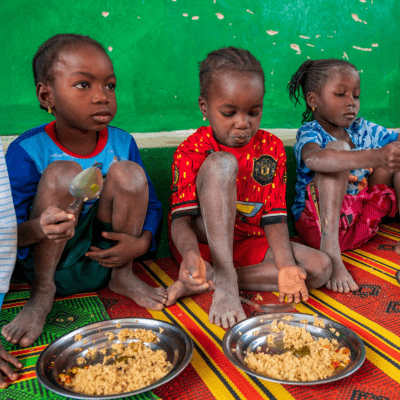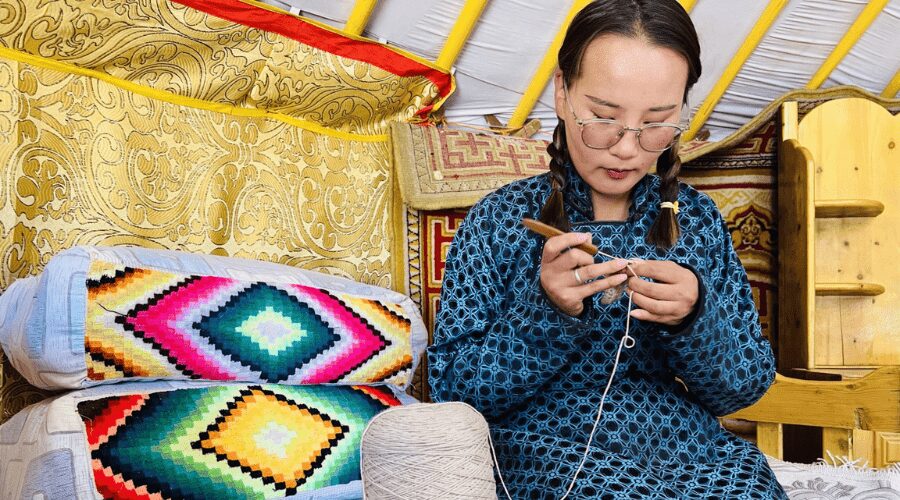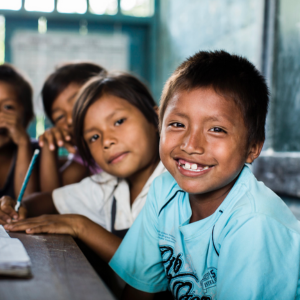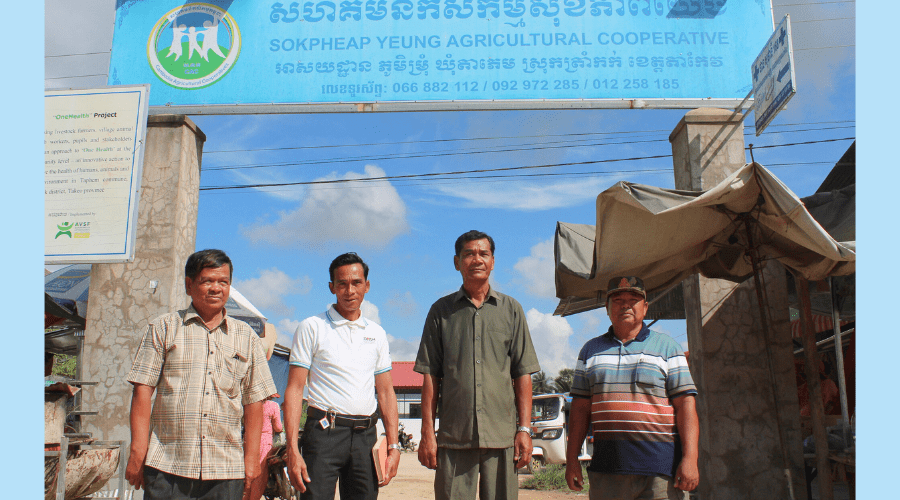The Assises conference, organized by the French government, brings together a large group of actors involved in development to discuss what French policy should be in terms of development. Among the actors present at the conference: companies. Many different economic actors are contributing to development via Social and Environmental Responsibility (SER), social business, Bottom of the Pyramid (Bop), and the Social and Solidarity-based Economy (SSE). For the 10 development-focused NGOs within Groupe Initiatives, this is good news…but there needs to be some sort of structure.
The NGOs within Groupe Initiatives believe that companies are actors in globalization and do contribute to development. The new social-business and SSE models, which guarantee a certain ”economic biodiversity,” make it possible to imagine models for development that are both inclusive and sustainable. Change is in the air. Companies are being held to new standards in terms of SER (international standards, the ”Grenelle II” law), new partnerships are being forged, innovation is taking place. What’s missing, though, is strategic thinking on the potential alliances between development aid and companies.
Ten days before the conference comes to an end with closing remarks from the president of France, Groupe Initiatives asked Minister for Development Pascal Canfin and Minister for the SSE and Consumption Benoit Hamon to make sure that the conclusion of the conference includes conditions for a new type collaboration between public authorities, companies, and associations to allow for development operations that are inclusive and sustainable. This would include:
- Having the various stakeholders draw up a charter, listing the quality criteria for the operations to be carried out within the framework of this collaboration.
- Acknowledging the need to respect SER and Human-Rights criteria in all company initiatives for development.
- Contractual conditions and structural public support to finance and sponsor associations that work for solidarity, who are the stakeholders in these operations.
- The possibility of co-investing in operations, in particular to finanace the development of social-business projects, which are practically non-existant in France.
- Using taxation as part of a public policy to support both ”business law” and people’s access to basic services: incompatibility between supporting the creation ”of socially responsible businesses” and using tax optimization to avoid having to pay taxes; mobilization of fiscal policies in partner countries for SER; tax incentives for companies that invest in these operations; and a tax system that benefits socially responsible businesses.
Groupe Initiatives (member of Coordination SUD) was founded in 1993 and is a collective of ten professional associations that are international-solidarity actors and that are committed to promoting development. These associations have come together in order to team up and share their expertise and know-how: Aprda-, AVSF, Ciedel, Essor, Geres, GRDR, Gret, HSF, ID, and Iram. Read all of Groupe Initiatives pour les Assises [Groupe Initiative’s positions for the conference].
Press contact
Christophe LEBEL, 01 43 94 73 48









